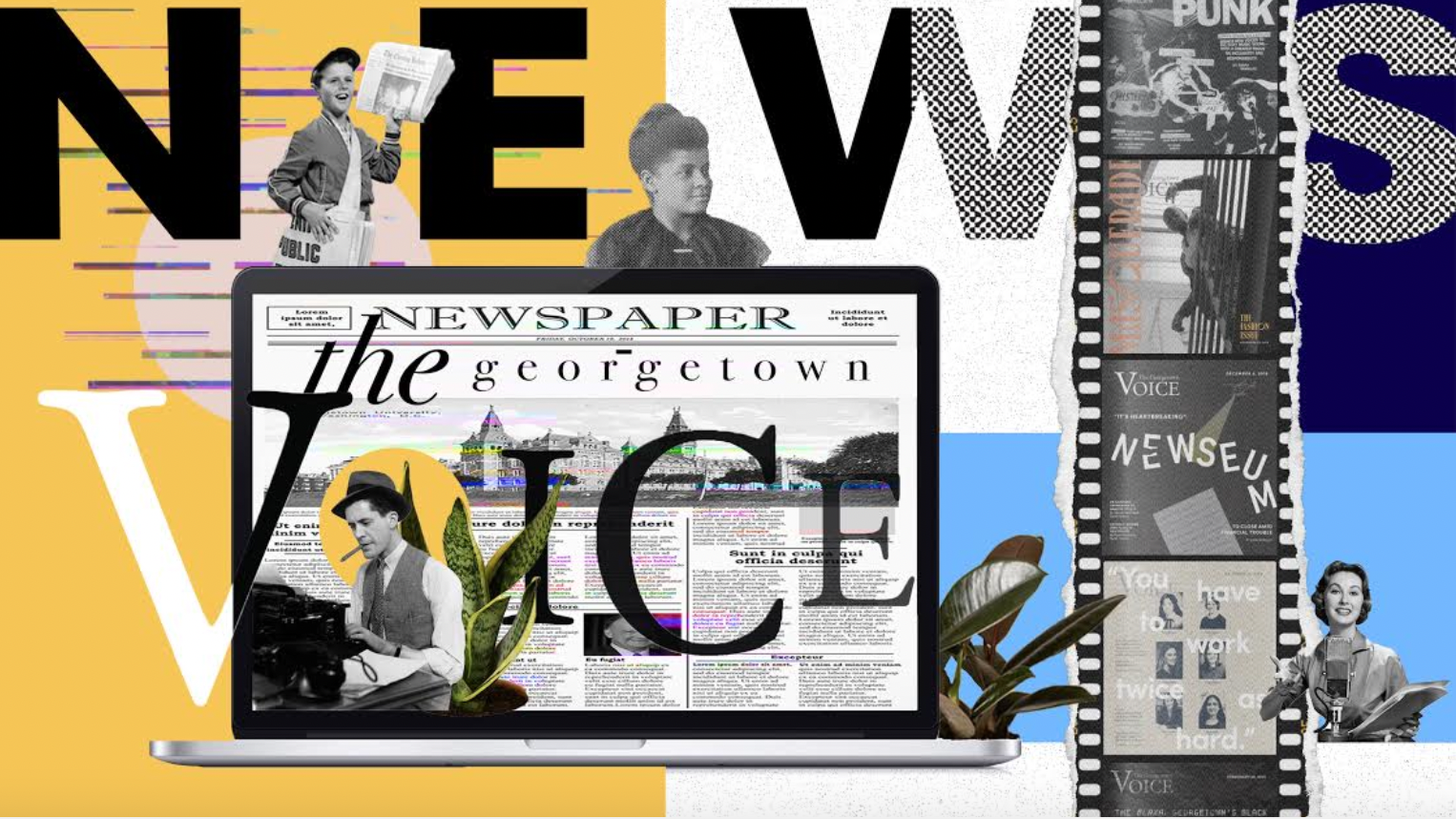Georgetown students will no longer walk back to campus empty-handed after finding out their favorite business does not accept cash. A D.C. Council ban on cashless businesses, which took effect on October 1st, subjects businesses who do not accept cash to government penalties. The bill, first introduced as the Cashless Retailers Prohibition Amendment Act in 2019 and passed in late 2020, is now being funded and enforced almost four years after its proposal.
“This is really about equity,” Phil Mendelson, D.C. Council chairman and strong advocate for the bill’s implementation, said.
The law aims to prevent businesses from discriminating against customers who don’t have a credit card or access to a bank account. As of 2021, 4.5% of D.C. residents are unbanked and rely on cash to make important purchases.
The full scope of the law’s effects are unclear at this time. Some businesses that were card-only have already switched back to accepting cash after public backlash. In 2018, Sweetgreen’s 12 D.C. locations stopped accepting cash as a form of payment along with its other 94 locations, but reversed the practice after lawmakers raised equity and accessibility concerns. D.C. chain, Shop Made in DC, has been cashless since their opening but now expresses their support for the legislation and its goals.
Senior Manager of the Shop Made in DC Georgetown location Miranda Stein expressed her support for the ban on cashless businesses, saying that the legislation helps them to serve the community.
“Shop Made in DC is excited for any initiative that helps make our stores and our makers more inclusive and accessible. Our mission is to connect the community to local artists and to show DC locals that so much of the things they purchase from large stores and online retailers can be bought locally,” Stein wrote in an email to the Voice. The store began accepting cash payments on October 1st.
Some business owners, however, cite concerns of retail theft and rising labor costs as why they converted to cashless businesses. Che Russell-Tabisola, the director of Government Affairs at the Restaurant Association of Metropolitan Washington, said that business owners worry about accepting cash as crime rises in the District. Between 2022 and 2023, robberies in D.C increased by 70%.
“Every Sunday night and Monday mornings my phone is blowing up with texts from members with videos of armed robberies,” Russell-Tabisola said.
Russell, alongside other restaurant owners, is trying to hold more conversations with D.C. council members and other stakeholders to delay the bill’s enforcement until public safety threats become more manageable.
“This is a much different world than it was four years ago,” Russell-Tabisola said. “A lot of businesses stopped taking cash during the pandemic and continue to do that because we’ve had a historic year of crime here in the District.”
However, Russell-Tabisola emphasized that he and other business owners do see both sides of an issue concerning safety and equity: “We have two core problems here: there are communities that are underbanked and there is a real problem with armed robberies and property crime right now.”
Still, he said that until crime rates go down, business owners will prioritize the safety of their establishments and employees. He said he’s watched business owners only accepting exact cash payments to avoid holding cash inside establishments, or simply refusing to comply:
“It’s not worth risking staff’s lives,” he said.
While opinions on the bill are mixed between patrons and local businesses, according to D.C. Council Chairman’s office, the council hopes that business establishments will comply with the new ban.
“Our expectation is not to fine businesses,” D.C. Mayor Muriel Bowser said.
Student patrons of Georgetown businesses also expressed support for the bill. Ayushi Das (CAS ’27), frequents many Georgetown businesses, most of which now accept cash as a method of payment.
“I think it’s great that businesses are accepting cash as a new form of payment. A credit card is less accessible to low-income communities and cash is an easier transaction method. It’s definitely a more equitable form of payment,” she said.




